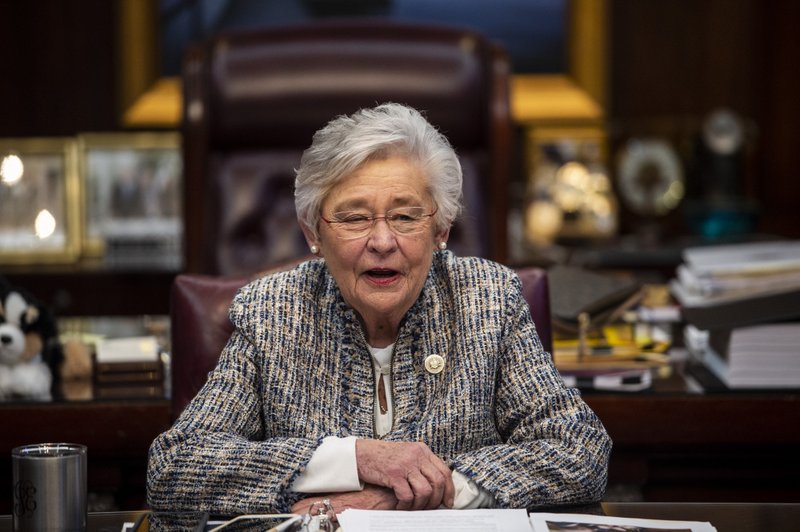Norfolk Southern train derails in Calhoun County, Alabama

A Norfolk Southern train derailed Thursday in Calhoun County, Alabama, just hours before company CEO Alan Shaw faced lawmakers to answer questions about a February 3 derailment that led to a toxic chemical spill in East Palestine, Ohio,” reported NBC News. This train derailment is followed with much speculation following the most recent train derailment in East Palestine, Ohio, which resulted in the spilling of vinyl chloride and butyl acetate, resulting in extreme air hazards for the people and animals in the East Palestine area. According to Calhoun County Emergency Management, no injuries or hazardous leaks have been reported following the approximate 20-car derailment. Norfolk Southern said the train left from Atlanta and was headed to Meridian, Mississippi. A spokesperson said they are working closely with local officials. It is not yet clear what caused the derailment in Calhoun County. Americans are demanding answers and solutions to recent events. To connect with the author of this story or to comment, email beniraeharmony@gmail.com.
Kay Ivey announces $231 million rail infrastructure project

Gov. Kay Ivey announced a proposed $231.6 million program of rail projects called the A-USA Corridor. The project aims to upgrade rail infrastructure in central and southern Alabama. Phase One of the A-USA Corridor project involves 12 specific track, signal, and yard improvements on Norfolk Southern rail lines between Mobile, Selma, and Birmingham. The first phase of the A-USA Corridor initiative involves a $71.6 million initiative to link the Port of Mobile with the McCalla Intermodal Facility near Birmingham with a 280-mile rail corridor. It will also link mega economic development sites in Etowah, Shelby, and Washington/Mobile counties, each totaling more than 1,000 acres. A fourth site in Jefferson County will see the development of a 104-acre site with up to a million square feet of warehousing. “Working together with the Port in Mobile to build out our infrastructure to move the commerce for Alabama and the greater southeastern region of the country must be one of our top priorities,” stated Governor Ivey. “Creating good port access to central Alabama is a key part of this initiative, and it can provide options for freight containers to reach new destinations inland, which our country has struggled with during the supply chain crisis. I am proud our state is looking ahead and investing in the Alabama-USA Corridor and the future jobs and economic opportunity it will bring.” The port’s rapid growth requires an upgrade to more modern and efficient freight and intermodal rail infrastructure. “The Alabama Port Authority welcomes this vital project as we address rapid growth in the port’s container intermodal and freight business lines,” stated John Driscoll, director and chief executive officer. “The Norfolk Southern rail improvements will bolster capacity, reliability, and market access through the Port of Mobile for regional supply chains.” The construction phases of the project will create an economic benefit for Alabama of $497.2 million in gross business activity, including $184.8 million in earnings to 4,247 direct and indirect Alabama workers. During construction $13.1 million in state and local taxes will be generated. The A-USA Corridor project will be a public-private partnership. Norfolk Southern will fund more than 50 percent of the project. Alabama is investing $5 million into the project, with the remainder coming from present and future federal Consolidated Rail Infrastructure and Safety Improvements Program (CRISI) grants through the Alabama Department of Transportation, in partnership with Norfolk Southern. “The A-USA Corridor is an innovative public-private partnership that will strengthen the nation’s supply chain at a critical time and boost the regional economy,” said Alan Shaw, president of Norfolk Southern. “We look forward to working with Governor Ivey and the Port of Mobile to make the A-USA Corridor an engine for job creation in Alabama for years to come.”


